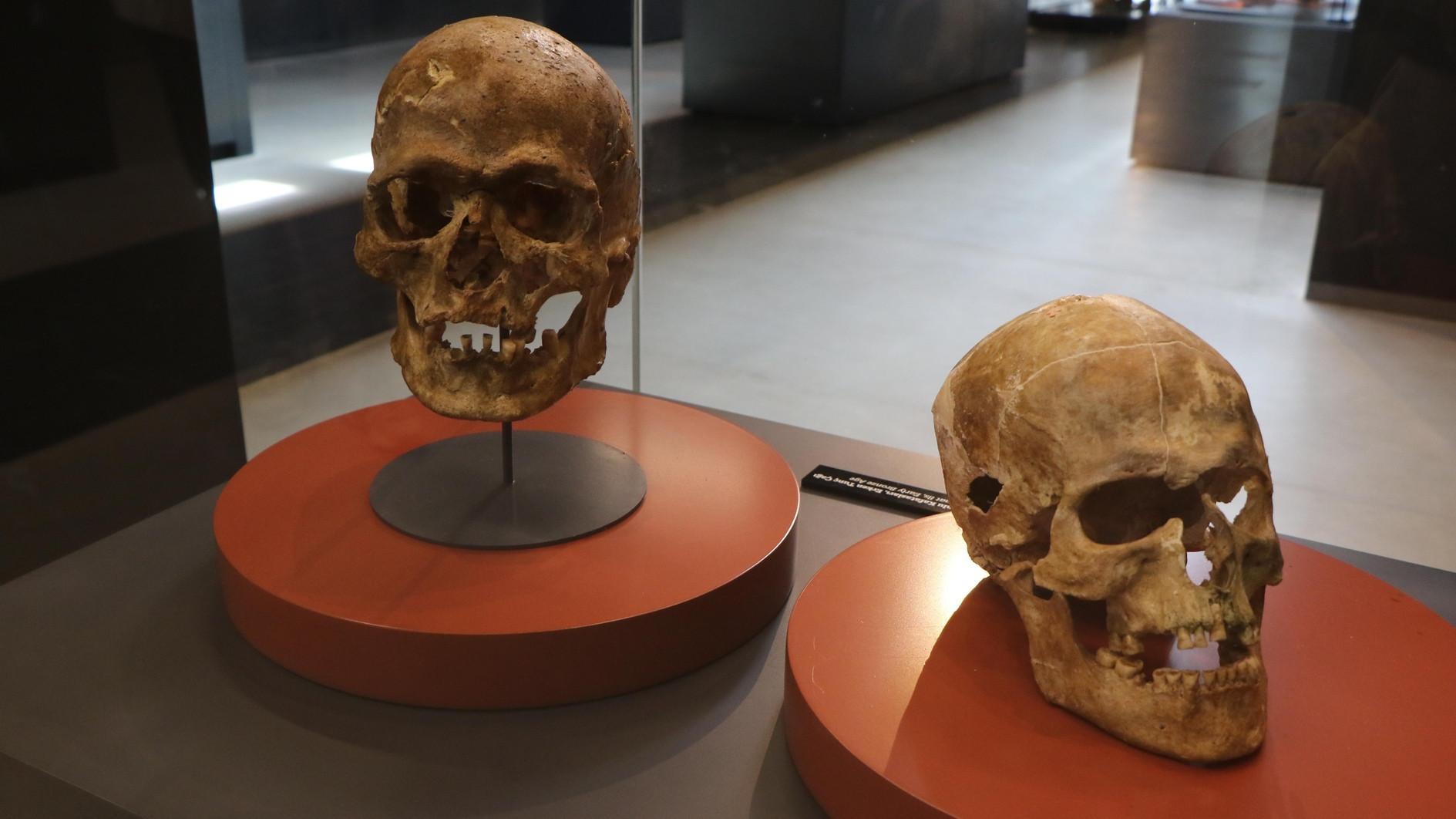Why was Babacan vital?
Ali Babacan, who was the Justice and Development Party’s (AKP) economy tsar for more than a dozen, uninterrupted years – except for a brief stint as foreign minister – left his post last week with the formation of the election government.
Green in politics and economic policymaking when he became economy minister in 2002 at the tender age of 35, Babacan was called “baby-john” by the markets. However, he quickly managed to garner their confidence. Indeed, fellow Hürriyet Daily News columnist Gila Bemayor noted that he was “a name trusted by international finance circles, foreign business people as well as foreign politicians.” Why was he so special?
We can try to find clues from the farewell letter written by Treasury staff to him. According to state-run Anadolu Agency, it underlined that a number of crucial reform steps were taken during Babacan’s term to ensure economic and financial stability, guarding the Turkish economy against foreign shocks. The economy became highly respected across the world, which was achieved through effective and consistent policies.
Babacan did try to implement important reforms, such as a fiscal rule and an independent tax collection agency – all of which were blocked by President Recep Tayyip Erdoğan. As the economy tsar admitted at the 2009 IMF-World Bank Meetings in Istanbul as well, macroeconomic reforms after the 2001 crisis were not followed by microeconomic ones. And the highly respected economy is regarded as one of the most fragile of emerging markets.
Or maybe it was his persuasiveness that did the trick. I have had the pleasure of listening to him on many occasions, and I was impressed by his ability to sugarcoat the AKP’s economic slip-ups. He almost made me believe once, even though I knew better, that Turkey was implementing structural reforms. But could he really have garnered all that credit on sweet talk alone?
I would argue that Babacan’s vital contribution to the Turkish economy, and the quality that earned him investors’ confidence, was his ability to act as an “Erdoğan-repellent.” For example, as the then-prime minister consistently tarnished the rule of law and democracy, he would emphasize the importance of both for Turkey, leaving a grain of hope in investors that Turkey could yet normalize.
More importantly, he was able to get Erdoğan’s consent for the implementation of the right economic policies, especially on monetary policy, on a number of occasions. He convinced Erdoğan on the need to hike rates in July 2013, January 2014, and most recently this past March. In that sense, he was also a safety valve for investors, which made him even more valuable. With him gone, anything is possible now in economic policymaking.










